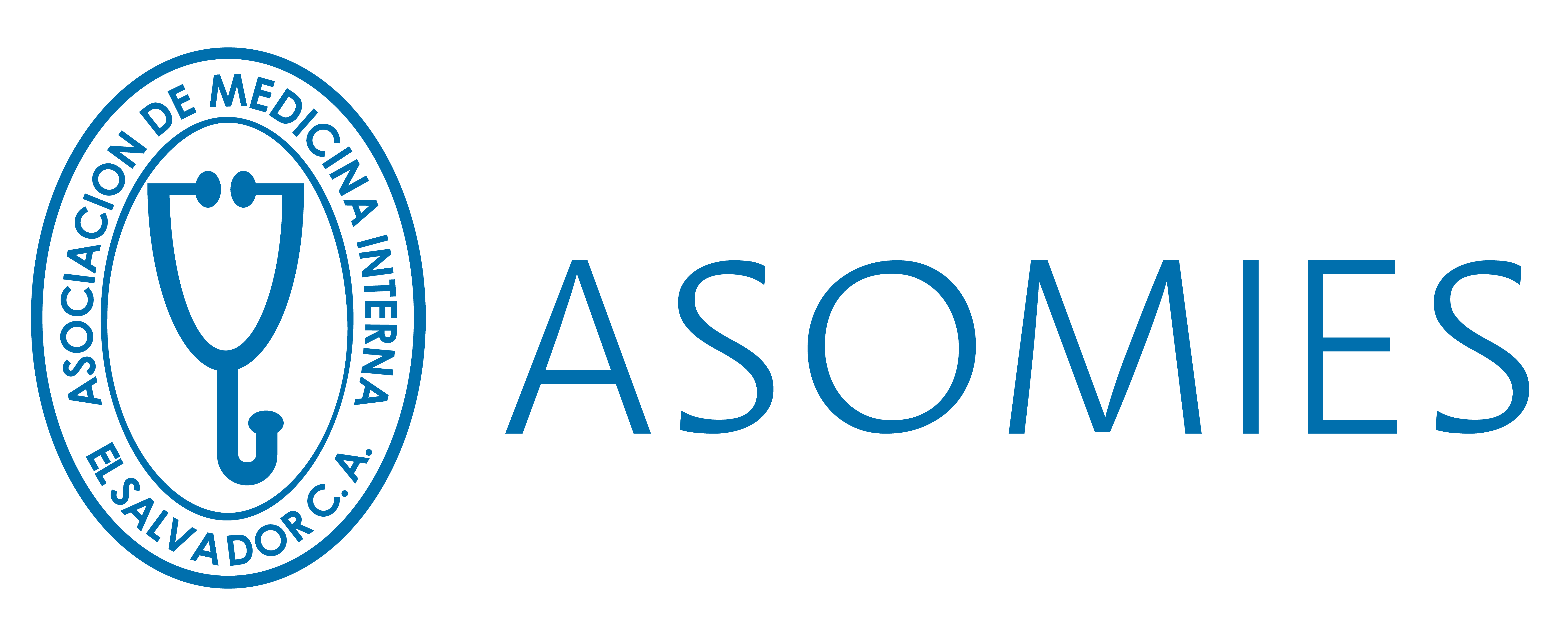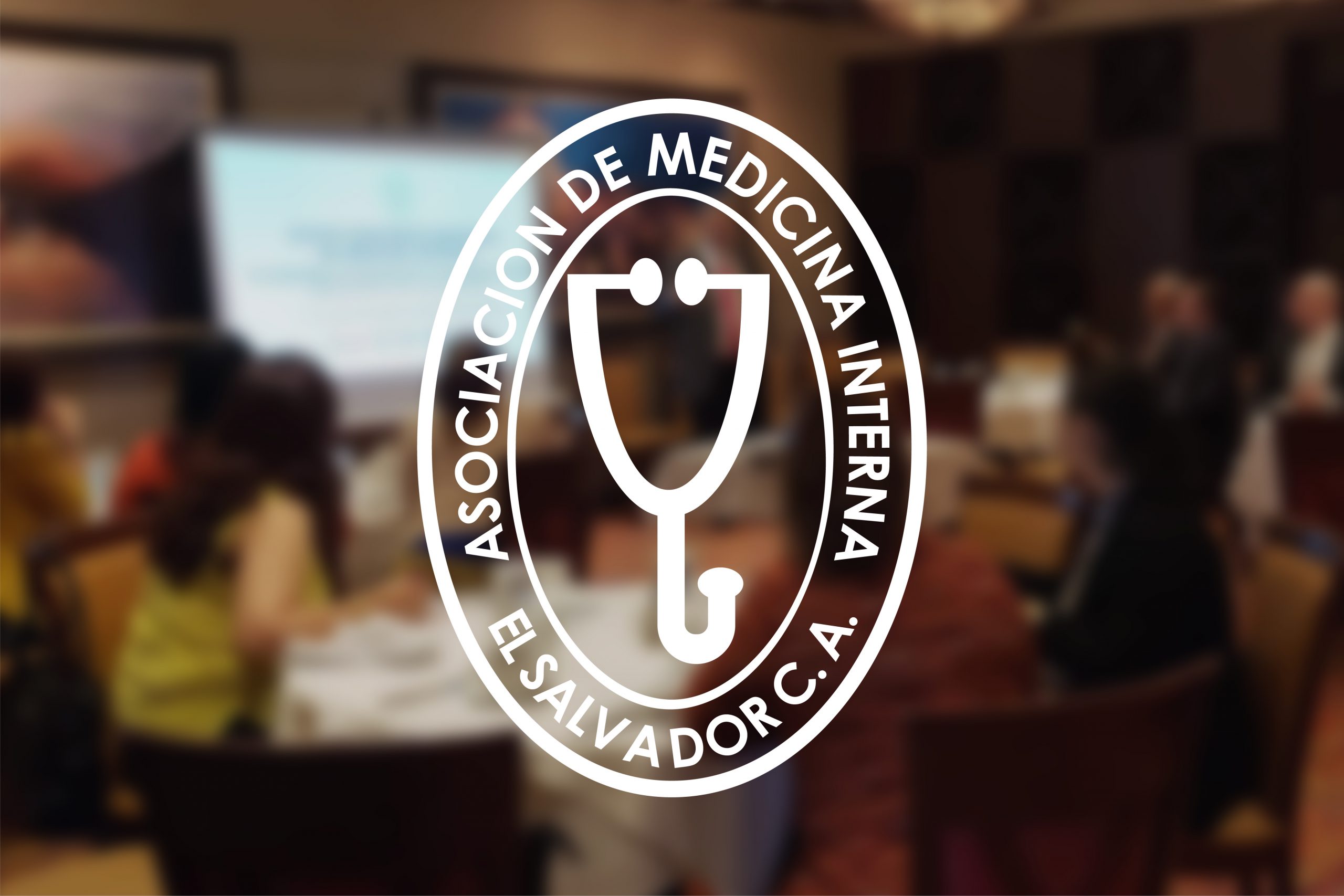Information sourced from BMJ:
BMJ 2016;353:i2654
Research News
Ticagrelor is no better than aspirin at preventing cardiovascular events after acute stroke or TIA, study finds
Susan Mayor
London
Ticagrelor, a direct acting antiplatelet agent, is no more effective than aspirin at preventing recurrent stroke, myocardial infarction, or death in patients who have an ischaemic stroke or transient ischaemic attack (TIA), a randomised trial has shown.
The risk of a further ischaemic event is high in the first 90 days after a stroke or TIA, so aspirin is commonly used to reduce thrombotic risk. But a risk remains, even with aspirin, so researchers carried out the trial to see whether more intensive antiplatelet therapy with ticagrelor was more effective.
The trial, funded by AstraZeneca, randomly assigned 13 199 patients with non-severe ischaemic stroke or high risk TIA to ticagrelor (180 mg loading dose on day 1, followed by 90 mg twice daily for days 2-90) or aspirin (300 mg on day 1, then 100 mg daily for days 2-90). No patients in the study were treated with thrombolysis, and they were randomised within 24 hours of symptom onset.
The rate of stroke, myocardial infarction, or death within 90 days was similar with ticagrelor or aspirin (6.7% v 7.5%; hazard ratio 0.89 (95% confidence interval 0.78 to 1.01); P=0.07). Ischaemic stroke occurred in 5.8% of patients treated with ticagrelor and in 6.7% of those given aspirin (0.87 (0.76 to 1.00)).
Safety findings were also similar: major bleeding occurred in 0.5% of patients treated with ticagrelor and in 0.6% of the aspirin group; intracranial haemorrhage occurred in 0.2% and 0.3%, respectively; and fatal bleeding occurred in 0.1% of both treatment groups.
The researchers, led by Claiborne Johnston, of the University of Texas in Austin, USA, said, “In our trial involving patients with acute ischaemic stroke or transient ischaemic attack, ticagrelor was not found to be superior to aspirin in reducing the risk of the composite endpoint of stroke, myocardial infarction, or death at 90 days.
“Although some studies have suggested that the risk of stroke after TIA has decreased in recent years, our trial confirms previous studies that have shown a high risk in the first two weeks, with particularly high event rates in the first two days.”
References
01. Johnston SC, Amarenco P, Albers GW, et al. Ticagrelor versus aspirin in acute stroke or transient ischemic attack. N Engl J Med 2016.
[Free full-text N Engl J Med PDF | PubMed® abstract]
Copyright © 2016 BMJ Publishing Group Ltd
The above message comes from BMJ, who is solely responsible for its content.
You have received this email because you requested follow-up information to an Epocrates DocAlert® message. For more information about Epocrates, please click here.
For questions, feedback, or suggestions regarding Epocrates DocAlert® messages, please contact the Medical Information Team at docalert@epocrates.com.


